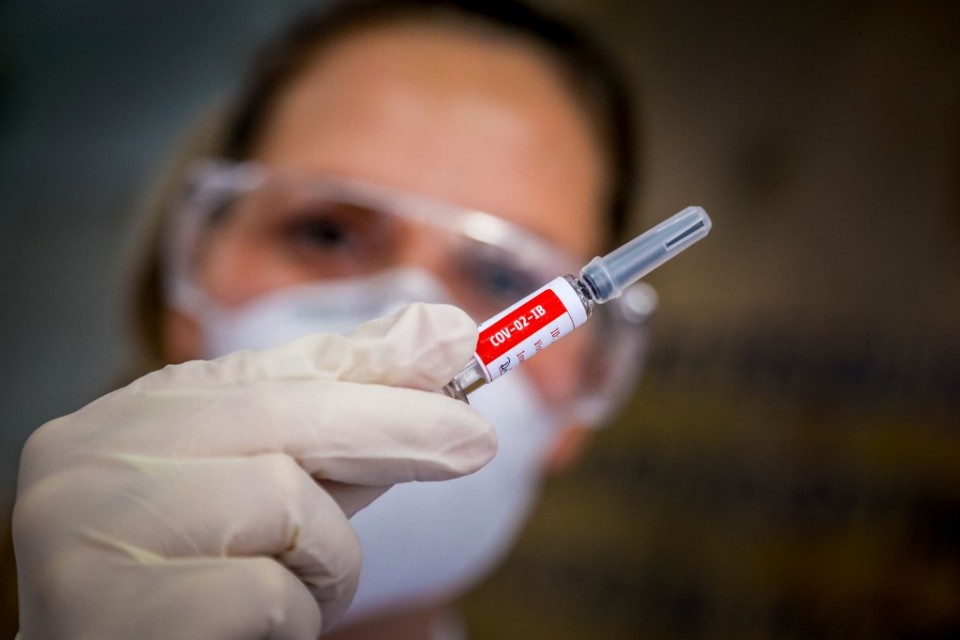
RIO DE JANEIRO, Brazil (AFP) — Brazil’s health regulator said Monday it had suspended clinical trials of a Chinese-developed Covid-19 vaccine after an “adverse incident” involving a volunteer recipient, a blow for one of the most advanced vaccine candidates.
The regulator, Anvisa, said in a statement it had “ruled to interrupt the clinical trial of the CoronaVac vaccine after a serious adverse incident” on October 29.
It said it could not give details on what happened because of privacy regulations, but that such incidents included death, potentially fatal side effects, serious disability, hospitalization, birth defects and other “clinically significant events.”
The setback for CoronaVac, developed by Chinese pharmaceutical firm Sinovac Biotech, came on the same day US pharmaceutical giant Pfizer said its own vaccine candidate had shown 90 percent effectiveness, sending global markets soaring and raising hopes of an end to the pandemic.
Both the Pfizer and Sinovac vaccines are in Phase III trials, the final stage of testing before regulatory approval.
And both are being tested in Brazil, the country with the second-highest death toll in the pandemic, after the United States, with more than 162,000 people killed by the new coronavirus.
CoronaVac has been caught up in a messy political battle in Brazil, where its most visible backer has been Sao Paulo Governor Joao Doria, a top opponent of far-right President Jair Bolsonaro.
Bolsonaro has meanwhile labeled it the vaccine from “that other country,” and pushed instead for a rival vaccine developed by Oxford University and pharmaceutical firm AstraZeneca.
© Agence France-Presse







